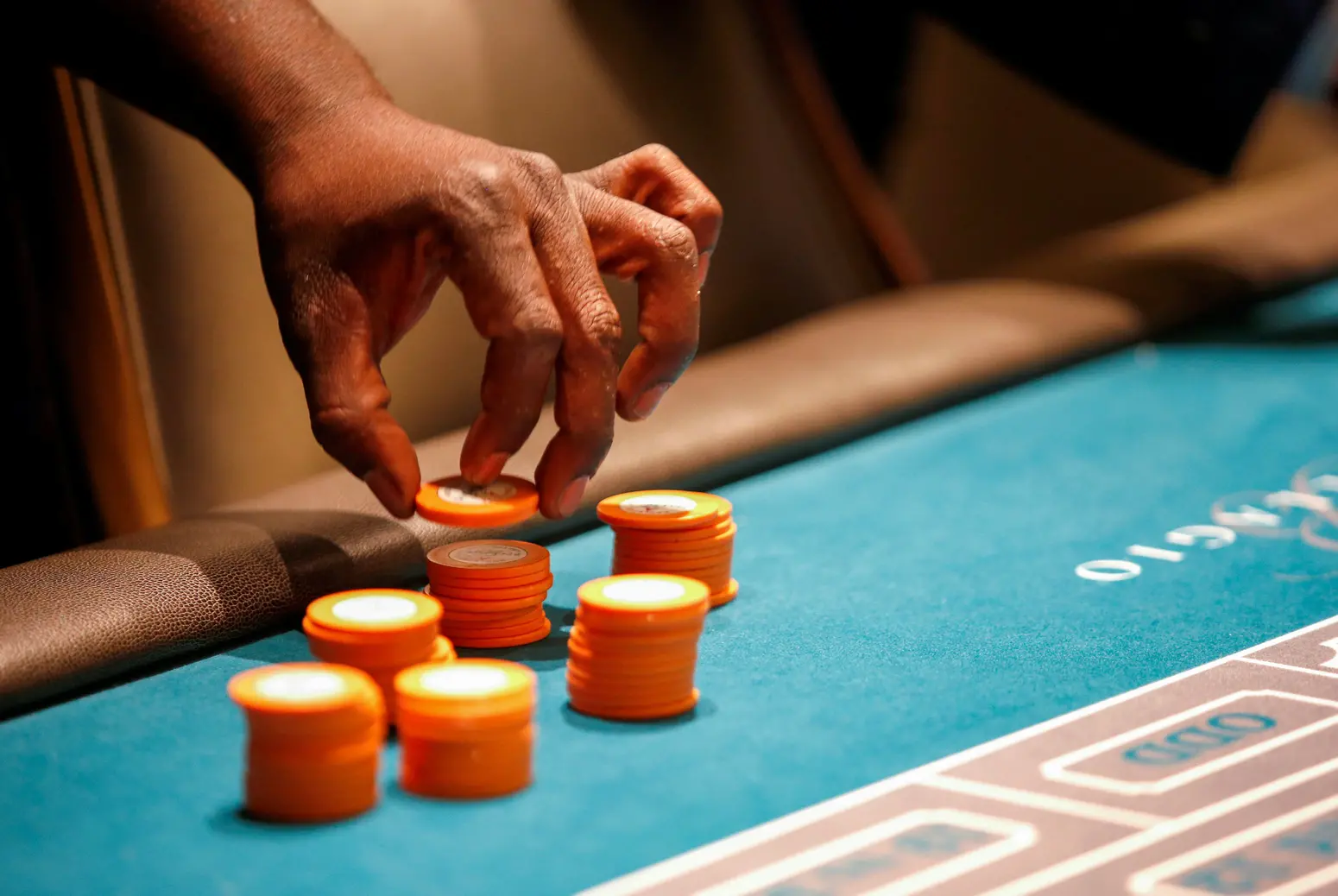In a tense vote, the Texas House greenlit a measure on Thursday allowing voters to determine the legalization of online sports betting throughout the state. The proposal secured the required 100 votes at its first roll call, later verified to be 101 votes in favor of House Joint Resolution 102.
This measure, alongside another proposing the legalization of casinos in Texas (House Joint Resolution 155), has been a headline topic in the lower chamber over the past two days. However, the latter proposal’s final deliberation was deferred to Friday noon as supporters sought the necessary votes.
Despite progress, both measures face significant challenges in the Senate, as Lt. Gov. Dan Patrick has consistently stated the lack of sufficient support. Moreover, Friday is the deadline for the House to finalize its bills, creating a time constraint for the casino legislation.
On Wednesday, the House initially endorsed both measures, though neither achieved the two-thirds majority necessary for constitutional amendments to pass through the chamber. This placed them in an uncertain state before Thursday’s vote.
Rep. Jeff Leach, the sports-betting legislation’s author, passionately argued for the bill on the House floor, emphasizing the prevalence of illegal sports betting among Texans.
The sports-betting bill surpassed the 100-vote threshold after several members reconsidered their votes. Five members who had previously voted against HJR 102 switched to a yes vote on Thursday.
Earlier, the House had passed the casino proposal 92-51, followed by the sports-betting proposal with a 97-44 vote. Both resolutions need a two-thirds majority in both the House and Senate, plus voter approval, to amend the state constitution.
The House’s votes mark the furthest progress made by gaming proponents since their lobbying campaign in Austin two years ago. Casino giant Las Vegas Sands has been particularly active, investing millions in lobbying, TV advertisements, and campaign donations.
A coalition of Texas pro sports teams and betting platforms supports the sports-betting proposal. However, opposition comes from various quarters. The most vocal detractor, Rep. Matt Shaheen, has consistently battled against gambling expansion, cautioning that legalizing casinos could spike sex-trafficking and domestic violence cases.
The casino proposal ignited significant debate, suggesting the establishment of at least eight casino gambling licenses at Texas “destination resorts”, especially in areas where horse-racing is already authorized. The bill’s author, Rep. Charlie Geren, contended that the legislation would only proceed with voter approval and would generate “world-class casinos” with shopping and entertainment.
Despite these arguments, Geren faced opposition from various fronts. For instance, Rep. Eddie Morales Jr. attempted to secure a casino license for the Kickapoo Traditional Tribe of Texas, fearing that a new license in the San Antonio area could impact the tribe’s existing casino. However, his amendment was challenged and ultimately, Morales voted against the proposal.
The sports-betting legislation debate was less contentious. Leach argued that it merely aimed to regulate the already widespread illegal online sports betting in Texas, not to expand gambling. He accepted amendments including the inclusion of the National Lacrosse League in the proposal and an increase in the gaming tax from 10% to 15%.
Despite support in the House, the proposals face uncertain futures in the Senate. Patrick’s resistance to gambling expansion remains a significant obstacle. He has repeatedly downplayed the prospects of the measures in the Senate, even though Sen. Lois Kolkhorst is carrying the sports-betting proposal in the current session.
Finally, while House Speaker Dade Phelan and Gov. Greg Abbott are open to expanded gambling, Abbott’s office stated he would only consider a “very professional entertainment option” akin to the destination resorts that the Sands team advocates.

